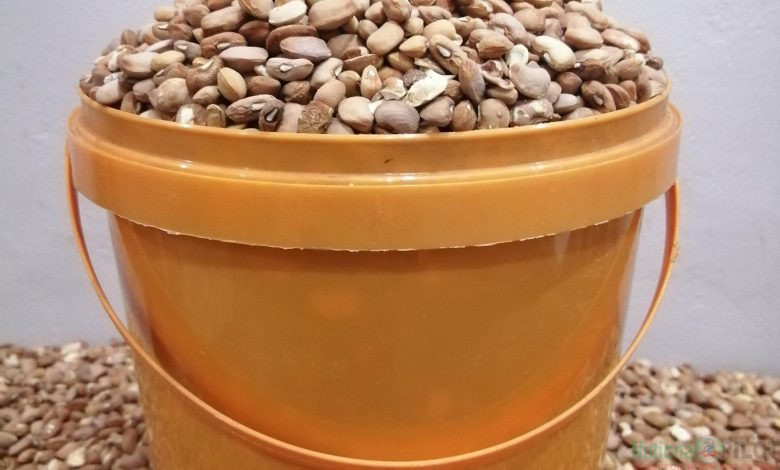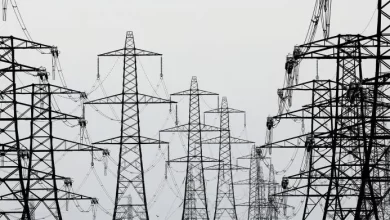
By Mike Adeyemi
More Kwarans might be afflicted by hunger and malnutrition as food prices continue to spike amidst food’s inflation experienced in the country.
A market survey made by National Pilot indicated that a bag of beans now sells for as high as N100,000 also showed that on a monthly basis, prices of food items appear to be rising across Kwara markets.
For instance, the prices of beans have gone up over the last one month compared to previous months.
A bag of beans sold at N30,000 in early September now costs between N50,000 and N100,000 in October.
Our medium market survey across markets in the Ilorin metropolis, showed that the prices of beans have doubled in the past weeks.
At Ipata market, price of a big bag of beans, the ‘oloyin’ variety, ranges from N88,000 to N100,000, while ‘plastic rubber’ cost between N3,500 and N5,500.
Another beans variety, ‘drum’, cost between N80,000 and N95,000, while the ‘plastic rubber’ cost N3,000 or N3,500. A big bag of white beans cost between N50,000 and N60,000, while the ‘plastic rubber’ price could be N2,500 or N3,000.
The prices of other staple foods such as rice, yam, egg, garri, groundnut, and maize are also on the rise. Groundnut oil cost N27,000 for 50kg and N5,400 for 5kg.
A bag of rice cost N30,000 and N4,000 for ‘plastic rubber’. A bag of garri was priced at N16,000.
Speaking with our reporter, a trader, Fausat Kasim lamented that it is high time the government find lasting solution to price surge of commodities as traders are groaning.
“The paste of insecurity in the country we were told is the reason for incessant hike in the prices of food products as demand seems greater than available supply.
“But as things stand now, it has passed beyond what we can bear. The volatility of naira against dollar in the foreign exchange market also hit hard on price of goods, “she said.
Recall in August, food inflation rose to 21.03 per cent to the hike in local food items. The inflation growth and depreciation of the naira against the dollar have with pressure on the prices of commodities consumed by Nigerians, with prices of foods constantly.
The current realities are forcing many Kwara households further down the depth of hunger and malnutrition.
Worsening insecurity, especially in the North, is considered by many as the driver of the food crisis as many farmers fled from their farms out of fear for their lives as bandits, Boko Haram, and other criminals go on the rampage.





